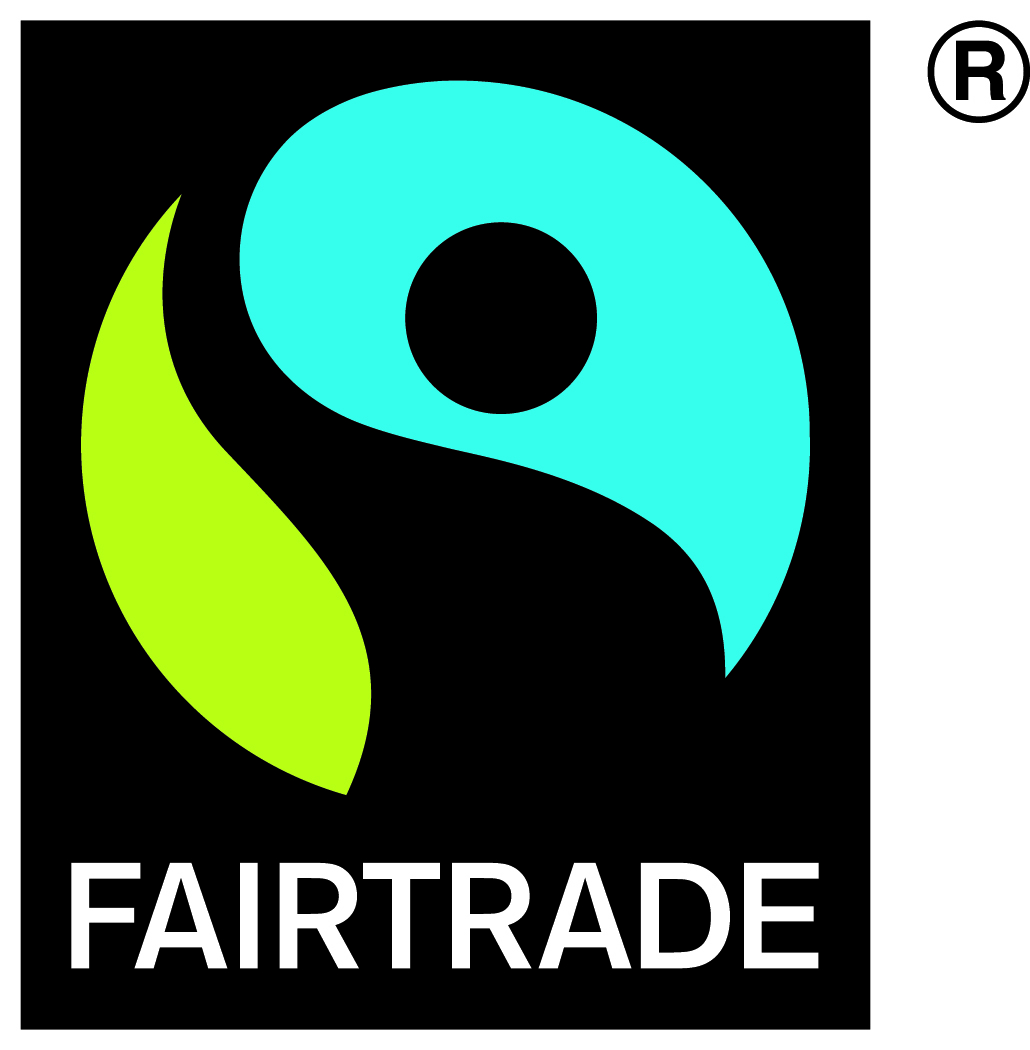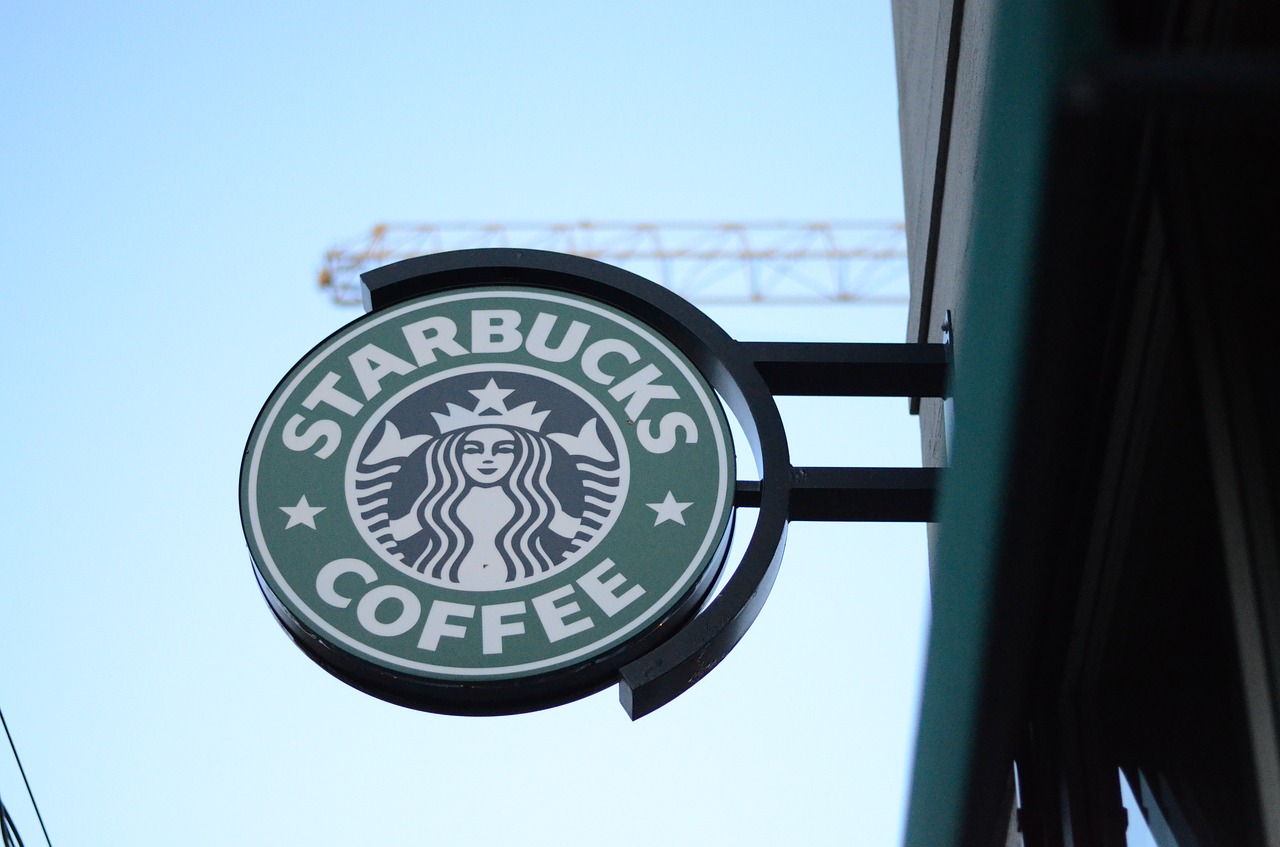The Dictionary Definition
86% of Millenials purchase ethically sourced goods according to Forbes, but not all consumers actually know what it is. Fair Trade is defined as “trade between companies in developed countries and producers in developing countries in which fair prices are paid to the producers” by Oxford Languages. But, it can be confusing. Is money all that matters?
What Does it Look Like?

For many, Fair Trade may conjure up the images of happy farmers producing cocoa, bananas, tea, or handmade goods. But there is more to it. Fair Trade is the ethical treatment and payment of workers in developing countries from already developed countries.
This means quality working conditions, proper hours, a safe workplace, and livable wages. In theory, fair trade means that no employee works more than eight hours a day on productions. It means that their wages are equivalent to the worth of their product and their cost of living. It also means that they must be able to work safely without risk of injury.
What Does a Fair Trade Company Look Like?

A Fair Trade company is first and foremost transparent about their business practices. Patagonia, West Elm, and Ben & Jerry’s all list where their products come from and are vetted by Fair Trade USA.
Next, a Fair Trade company will invest in its workers’ livelihoods. Forbe’s reported on how a company partnering with producers in India provided a bike for every employee working for them. This provided accessibility not just for work but also for groceries, errands, and childcare.
Lastly, a company that participates in Fair Trade will look for ways to continue to improve. West Elm recently partnered with Nest, another Fair Trade supporting organization to help empower hand-crafts. As the second-largest employer for women in underdeveloped countries, they deserve as much support as other industries. Prior to this, hand-crafts had been severely undersupported and women would work from home for less than factory workers.
What it Means to Starbucks

At Starbucks, we seek to empower those around us to pursue greater things. We commit ourselves to purchase 100% Fair Trade coffee through vetted producers. Starbucks invested 50 million dollars into the Global Farmers Fund to continue the path towards this mission. Starbucks is also committed to sustainability. In 2017 when the Sustainable Coffee Challenge launched Starbucks planted over 100 million trees to support communities across the globe. We are not yet perfect. But, we are committed to the continuing excellence of supporting developing communities.
We at Starbucks invite you to pledge to make a change by visiting www.sustaincoffee.org and help pursue greater.